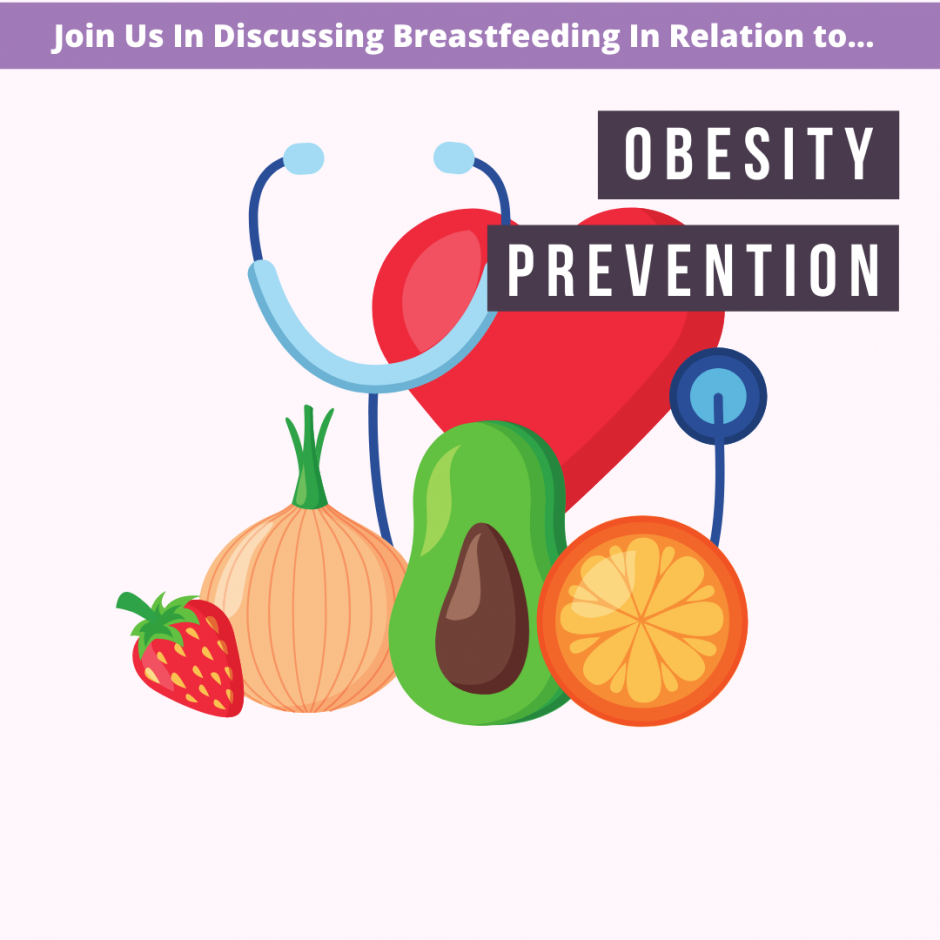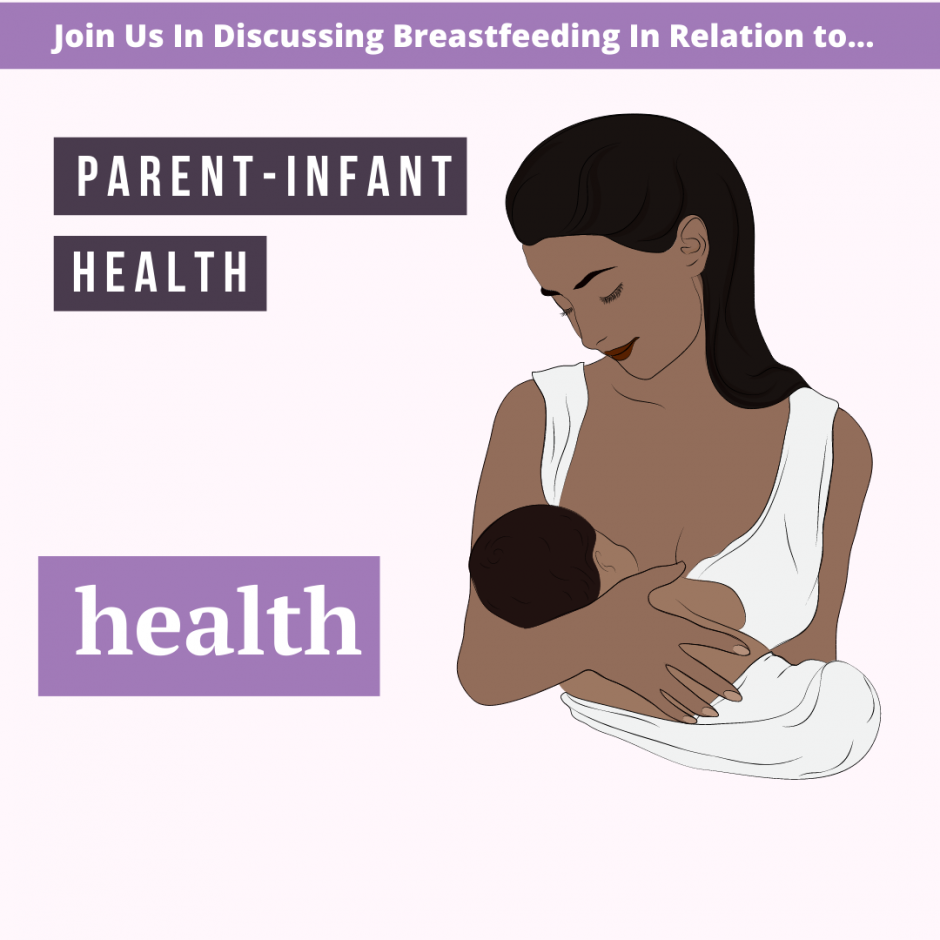About Cecilia Jevitt

Cecilia Jevitt, PhD, RM, CNM, APRN, FACNM
Cecilia Jevitt, PhD, RM, CNM, APRN, FACNM is the Midwifery Director and a tenured associate professor at the University of British Columbia, Faculty of Medicine. Jevitt studied midwifery at Emory University, completing a master’s degree in nursing. Her 1993 doctorate in applied medical anthropology is from the University of South Florida.
Jevitt came to UBC with more than 30 years of academic and clinical teaching experience. She completed the UBC Internationally Educated Midwives Bridging Program in 2018 and maintains registration in BC as a midwife. Jevitt also maintains certification as a nurse-midwife with the American Midwifery Certification Board and licensure as an Advanced Registered Nurse-Practitioner in the Midwifery category in the State of Florida.
From 2013 to 2018, Jevitt directed the Yale School of Nursing’s Midwifery and Women’s Health Nurse Practitioner master’s degree programs. She established an academic division of midwifery with the University of South Florida (USF) College of Medicine while jointly appointed to the USF Colleges of Nursing and Public Health. Jevitt was a tenured associate professor with the USF College of Nursing from 1999-2013. There, she taught graduate nursing and was an inaugural faculty member of the USF Doctorate in Nursing Practice. Jevitt led the Tampa branch of the University of Florida/University of Florida master’s degree in nurse-midwifery from 1999-2004. Jevitt wrote curriculum for the online midwifery education programs at Frontier Nursing University, and the State University of New York at Stony Brook and was a clinical preceptor for both programs. From 1989 to 1992, Jevitt directed a pre-certification program for internationally educated midwives in Tampa, Florida, through the Frontier School of Nursing and Midwifery.

Jevitt has practiced midwifery with the US Community and Migrant Health Service, USF Health, county health systems and Adventist Health Jevitt founded the first midwifery practice with the University of South Florida in 1984 and led midwifery practices as large as 13 FTEs. Jevitt directed hospital divisions of women’s and children’s health, directed the Women’s Hospital at University Community Hospital in Tampa, and has been a hospital vice-president of nursing. She has done capacity-building teaching and curriculum consultations in Switzerland, Laos, China and Ghana.
Jevitt’s scholarship focuses on perinatal weight gain optimization and integrating obesity prevention and management into women’s health especially during the perinatal and lactation periods. Jevitt was a co-investigator in the Empowering Female Veterans Grant funded by US Department of Defense, 2010 & 2011, Principal Investigator, Maureen Groer; and the National Institutes of Nursing Research grant, “The Influence of Lactation on Postpartum Stress and Immunity,” 2007-2011, Principal Investigator, Maureen Groer; Co-Investigator, David Keefe. Jevitt has published more than 30 research based manuscripts, 15 book chapters and is an editor of the 7th Edition of Varney’s Midwifery.
Jevitt is an elected Fellow of the American College of Nurse-Midwives and is the At Large Member of the FACNM Board. Jevitt was a Florida Nurses Association Great 100 Nurse in 2009, the 2010 Reviewer of the Year for the Journal of Midwifery & Women’s Health, the University of South Florida Department of Anthropology’s Distinguished Alumni in 2012, and a 2014 Connecticut Nightingale Excellence in Nursing Award winner.
Chapter Motivations
I was enthused with the idea of this chapter because I’m interested in promoting breastfeeding in many formats: textbooks, journal articles, meetings, media presentations for women. This book, based on health promotion, provided a space for me to link breastfeeding with the major focus of my scholarship, assisting women with obesity during the perinatal period. Obesity is more than eating too much. Obesity is an endocrine organ disorder that has may contributing factors including not being breastfed as a child and not breastfeeding following a pregnancy. One of the many functions of breastfeeding is to use excess adipose stores following pregnancy but lactation also metabolically reprograms individuals reducing future obesity-related diseases including diabetes, hypertension and heart disease. My hope is that readers will appreciate the complex relationships between breastfeeding, obesity, social stress, income and education, and see that breastfeeding is powerful health promotion behavior in obesity prevention for both mother and newborn for decades after a pregnancy.